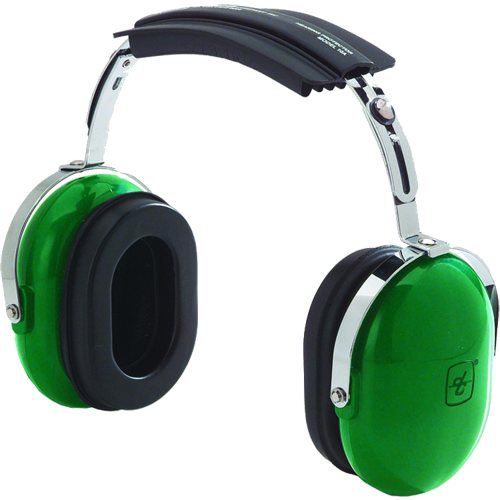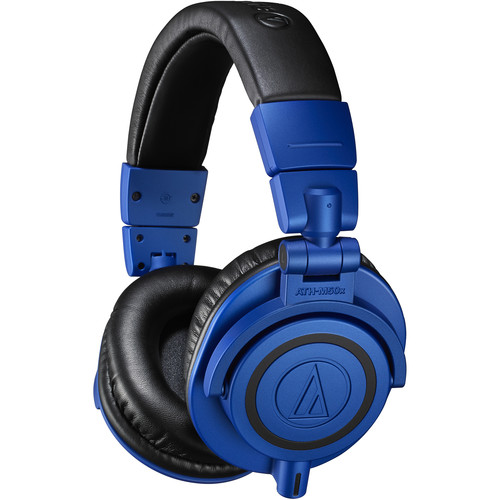5 Noise Cancelling Headphones for Autism
People on the autism spectrum usually have one or more sensory issues. Mine happens to be a sensitivity to sounds, especially bass. Because of this I’ve tried a variety of things to make life bearable ranging from soundproofing my apartment, using white noise machines or fans to sleep, and getting noise cancelling headphones as well as ear muffs and ear plugs.
Noise canceling headphones are great at cutting out low frequency sounds like the hum of a jet engine but can be less effective at the higher frequencies. Because of this, if higher frequency sounds bother you, you may have better luck using cheap ear plugs and ear muffs that you can find on Amazon. But without active noise cancellation, cutting out bass sounds will be tough so if you’re sensitive to bass, you may need to shell out some money for headphones with active noise cancellation.
1 – Sony WH-1000XM2 $350
These do an incredible job of cutting out all frequencies. While they’re close to Bose in noise cancellation, I think they actually do a better job at higher frequencies and also have a lot more features, like disabling noise cancellation of voice so you can talk to people and still block out bass.
2 – Bose Quiet Comfort 35 / 20 $250 – $330 (QC25 – $130+)
Bose is the king of noise canceling headphones, but also the priciest. They were the first to popularize noise cancelling headphones and also create professional sets for pilots. Bose also make in-ear headphones that cancel noise even better than over the ear headphones, but they may be more or less comfortable depending on your preferences. Check out the QuietComfort 20. The wired version of Bose’s over the ear headphones (QC25) are still available and sometime can be found for as low as 130 dollars on Amazon, which is a steal, considering their noise canceling is just as good as the bluetooth headphones that cost at least a hundred more. These are what I use and they’re life changing.
3 – Sennheiser PXC 550 – $300
I have owned a few pairs of Sennheiser over the years and they’re my favorite headphones. I believe they sound better than both Bose and Sony in terms of audio reproduction. Sennheiser also make noise canceling headphones that cost less than this model, but they aren’t as good.
4 – Cheap ear muffs – $15
In terms of getting rid of sound, ear muffs provide the most protection. You’ll see airport workers on the runway wearing these for that reason. You can put earbuds under them and still listen to music. They can be uncomfortable if you’re wearing glasses with thick legs though and they can hurt your head because they press very firmly against the side of your head. Because of this, they can become irritating after being worn for a while.
5 – Ear plugs – a few cents
Ear plugs are good for getting outside noise levels to go down, but they don’t do as good a job of blocking out bass. You also can’t really listen to music unless you put over the ear headphones on and that doesn’t sound so good because the plugs block out some frequencies more than others.




Comments
I think that noise cancellation is a feature that not only I do not need which I would be paying for if I had it, but can cause distortion of the music I listen to.
As a casual audiophile, I lean towards using hardware that has a good balance of price, performance and build quality. As a result, I invested in a pair of Shure SE535s which has decent noise isolation which worked for me on two very long flights, while the money was spent on some pretty good audio quality for the price that didn’t go into noise cancellation.
Hello. Thanks for your article, very interesting reviews.
I suffer from Autism Spectrum Disorder of the Asperger Syndrome variety and suffer from the sensory impairment symptom which for me makes me hypersensitive to sound and visual stimuli / information.
Sound is the bane and love of my life.
As, although i am hypersensitive to sound, i am also a keen musician and
DIY music producer, and have a BA Degree in Sound Technology (sound engineering) from the world famous performing arts college started by Sir Paul McCartney, Liverpool Institute of Performing Arts.
Now, I have suffered much anxiety due to the disability, and am in a constant battle of finding suitable housing and places to frequent that won’t trigger a meltdown, which can be a particular challenge as I live in a small island which is highly populated, which makes the densely populated areas bit like living in a small city, full of noise and people.
So one of the strategies i use to combat the noise triggers, is to wear noise cancelling headphones. About a year or so ago, i was actually given a grant to fund the purchase of a pair of Bose Comfort noise cancelling headphones which are really good especially at high volumes, are really comfortable to wear and as i have the wireless model, do not hinder me with getting caught up in the wire.
So, for short periods of time, these headphones are a real god send.
However, as with any headphones including noise cancellation headphones.
extensive use over long periods of time, especially when listening to high volumes of audio IS without a doubt damaging to your hearing.
I also believe that the noise cancelling aspects of the head phones also likely causes damage if such headphones are worn for any length of time over 30 mins. I know from experience, as when i use the headphones for such lengths of time, my ear drums physically hurt.
With regards to Sennheiser, the performing arts college i used to go to was sponsored by Sennheiser, and was given many pairs of pro recording studio Sennheiser Headphones for free.
Through experience, the Sennheiser headphones generally had a major design floor in that all the headphones that used wire connections broke after a very short time of use. Many of these headphones were unlike other studio headphones that were designed to have parts replaced, so once broken, the set of headphones usually had to be thrown away, as the wire could not be replaced or fixed due to being fixed into a sealed unit.
Now, with regards to the other solutions given. Ear plugs, Ear Muffs.
WHere these may offer a temporary fix for some who have minor problems.
I believe it would be unreasonable and a breach of a persons human rights to make a person wear ear plugs or ear muffs on a daily, and nightly basis. I would also speculate that doing so would also cause damage to a person’s hearing.
I believe demanding someone to use ear plugs and ear muffs would be a beach of UN conventions of Human Rights for people with disabilities, for any one who lives in a country that has ratified and thus recognises the UN conventions in this area.
Still, for an extremely temporary basis, such devices may give you temporary relief, however, as mentioned previously, these should be a break out for emergencies only rather than the go too strategy.
A bit like expecting someone who is sensitive to flourescent lighting wear black out goggles on a permanent basis. Not a reasonable strategy!
Thanks
Thank you for the reviews, Alex.
I own a bunch of these that I wear around the house, around the yard, in the car, etc. They’re good when the family is loud or I want to concentrate on reading a book, but I won’t wear them in public because I’m admittedly too self conscious to do so.

I have been tempted to purchase noise cancelling headphones. I have tinnitus and it seems to be a popular consensus on a tinnitus forum that the noise cancelling function can somehow aggravate tinnitus making it worse (increasing the perceived level of the ringing sounds). I can’t attest to that either way, but I’ve seen where others with tinnitus who have used noise cancelling headphones have said so.
I’ve been interested more so in buying noise cancelling headphones to use them passively (not turn them on) since they’re commonly worn by people in public. I’m very close to purchasing a pair for that reason. I wear earplugs now in many public places and it’s a pain.
Thanks again.
You just reminded me to buy these (sorry wallet):

https://www.starkey.com/blog/2015/07/Should-You-Wear-Earplugs-At-Night
Should-You-Wear-Earplugs-At-Night